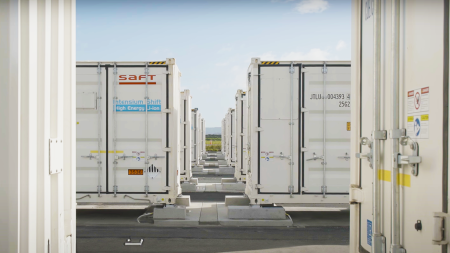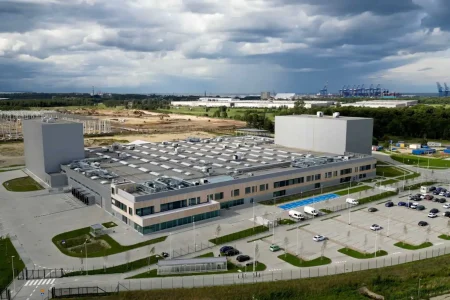Bulgaria has recently expressed its intention to seek European financing for a hydrogen pipeline project from Sofia to Thessaloniki, signaling its commitment to developing a robust infrastructure for green hydrogen.
The project aims to facilitate the transmission of hydrogen between the two countries and form part of the larger hydrogen transmission network connecting South-Eastern Europe to Central and Western Europe. While the project poses significant challenges and carries a substantial cost, it aligns with the European Union’s goals of reducing natural gas usage and transitioning to cleaner energy alternatives.
The Need for Hydrogen Infrastructure
The European Union has set ambitious targets to phase out the use of natural gas and promote the production and adoption of hydrogen as a key element in the energy transition. Hydrogen, produced from renewable energy sources, has the potential to be a low-carbon alternative in various energy-intensive sectors. However, the construction of dedicated hydrogen infrastructure is essential, as the existing natural gas transmission network cannot accommodate the transportation of hydrogen. Building the necessary infrastructure is a critical step towards realizing the potential of hydrogen as an energy carrier.
Bulgaria’s Hydrogen Transmission Project
“Bulgartransgaz,” the Bulgarian gas operator, has developed a comprehensive strategy for the country’s hydrogen network, leading to the proposal of the “Hydrogen transmission infrastructure in Bulgaria” project. The project envisions the construction of pipelines stretching approximately 250 km, along with two compressor stations, connecting the Sofia area to Kulata. Furthermore, it includes plans for a hydrogen interconnection point with the network of the Greek gas operator, DESFA, in the Kulata/Sidirokastro area.
The chosen route for the pipeline utilizes the existing gas transmission network, simplifying the construction process. The strategic location of Bulgaria enables the transportation of both domestically produced hydrogen and imported hydrogen from Greece, whether through pipelines or terminals. The project also considers the potential hub for green hydrogen production in the Mariška region, with a capacity of up to 380,000 tons per year.
Financing and Analyzing the Project
To secure the necessary funding for the project, Bulgartransgaz is seeking support from the European Union for initial analyses along the proposed route. In April, the company hired a consultant to assess the viability of various sections of its network for hydrogen transmission, including the mixing of hydrogen with natural gas at different ratios. Subsequently, a contract was signed with “Simatex,” a company acting as an intermediary, to carry out the evaluation.
Additionally, the state company has engaged the services of “Rosen Europe” as another intermediary to perform the majority of the activities outlined in the contract. This arrangement may explain the variance in the contract amount. “Rosen Europe” brings expertise from its involvement in similar activities, such as evaluating the effects of hydrogen on mechanical properties and facilitating the transition of natural gas transmission pipelines to hydrogen mixtures.
Challenges and Outlook
The construction of a hydrogen pipeline infrastructure between Bulgaria and Thessaloniki presents significant challenges. The scale and cost of the project are comparable to the “Turkish Stream,” which was completed at a cost of nearly 3 billion leva. However, the project aligns with the EU’s objectives and can contribute to the development of a sustainable hydrogen economy.
The successful implementation of the project relies on securing European financing, navigating political dynamics, and addressing technical complexities. Moreover, collaboration between Bulgaria and Greece, along with other European countries, will be crucial in establishing a comprehensive hydrogen transmission network across the continent.
The pursuit of a dedicated hydrogen infrastructure demonstrates Bulgaria’s commitment to a greener energy future and underscores the importance of strategic investments in hydrogen technology. As European nations accelerate their efforts to decarbonize their energy systems, projects like the hydrogen pipeline between Bulgaria and Thessaloniki hold the potential to revolutionize the energy landscape, paving the way for a cleaner and more sustainable future.








